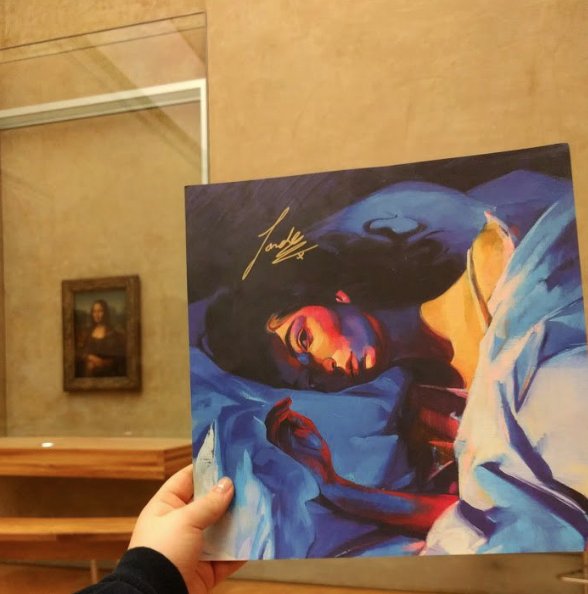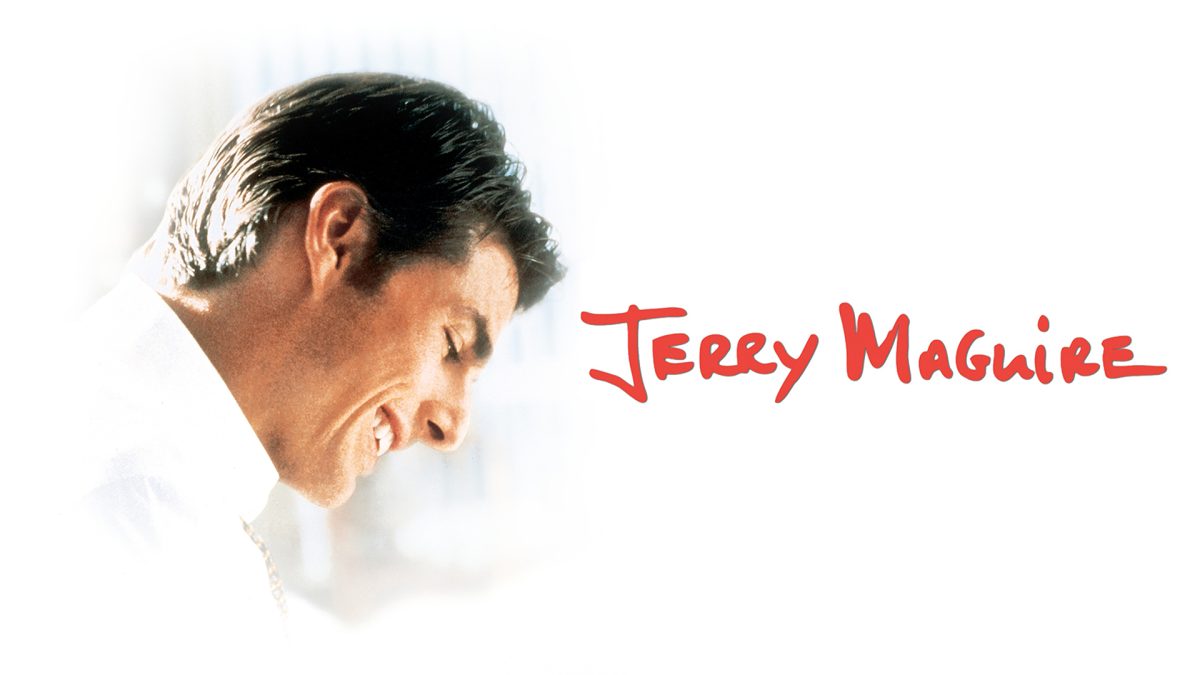
Four long years have passed since New Zealand-native Lorde first mesmerized the American teen audience with her angsty, rebellious debut album Pure Heroine. While both Lorde and her devoted followers have matured, the songstress’ formula for success has remained untouched. Her sophomore album, fittingly entitled Melodrama, has the same emotional grit and bold, poetic lyrics as it’s predecessor. This time around, however, Lorde produces a mature, refined sound, capable of standing on its own. Melodrama helps bridges the gap between former Lorde’s wayward-outcast-adolescence to new Lorde’s unanchored ascent into adulthood.
And almost immediately, Lorde extinguishes the unspoken worry cemented in every fan’s mind. She has indeed crafted a work capable of holding a candle to the unprecedented talent displayed in her teenhood launch. Melodrama, methodically concocted during a prolonged period of career hibernation, is just as, if not more, artistically alluring as the seemingly unmatchable Pure Heroine.
It all begins, in Gatsby-like fashion, with a Green Light. This introductory track is just as brawny as it is heart-breaking. The ballad follows Lorde as she awaits a sign to move on from a failed past relationship. It’s double-meaning is apparent: while Lorde is waiting for her Green Light- an indication to move on, so are we. Fans who have stuck with the alt-pop princess receive permission to abandon any previous knowledge about Lorde and her artistry.
“Writing Pure Heroine was my way of enshrining our teenage glory, putting it up in lights forever so that part of me never dies, and this record – well, this one is about what comes next. …The party is about to start. I am about to show you the new world,” Lorde cryptically teased her fans weeks before the record’s drop.
Melodrama, in its purest form, is an ambitious concept album chock-filled with Pink Floyd-esque storytelling. It truly is an electro-rock declaration on the state of popular music. Arrangements vary from early euphoria to later depression. Through the strategic succession of each song, a narrative is created. The audience is taken on a journey through the emotional stages of one single house party. Through these tracks, Lorde proves herself capable of both masterfully carrying high notes and crafting meaningful poetry.
The allegory at hand- the great parallel between one’s fervor in the beginning of a night to one’s lament the next morning, is showcased through two accompanying tracks, Sober and Sober II (Melodrama). The first song of the pair begins with Lorde’s endorsement of indulgence : “King and Queen of the weekend /Ain’t a pill that could touch our rush.” Soon enough, solemnity and regret takes over in the second, “And the terror/ And the horror/ And we wonder why we bother.” The life span of this metaphorical party mirrors Lorde and recent climb into life. As always, the singer manages to forebodingly describe universal themes of young-adulthood.
The balladeer’s greatest success, however, may just be hidden directly between the story playing out before our ears. The Louvre, a collaboration with indie-new waver Jack Antonoff of Bleachers fame, serves as a summation of Melodrama’s overarching burden: the struggle to let go. Lorde reminisces about the beauty she had with a former lover, likening it to classic artwork of the Parisian museum. This reminiscence may be either stemming from liquid confidence or repressed emotion- either way, The Louvre registers with audiences on a undeniably human level.
What is truly remarkable about this all, is Lorde’s impeccable aptness to create. The lyricist has now masterminded two distinctly nuanced albums that both play out more like Greek tragedies than music recordings. The musician is usually lauded for her use of unconventional melodic pattern or her infusion of electronic elements into pop. Nonetheless, her true power lays in the poesy of her harmonies. As ironic as it may be, the music industry should attempt to emulate this brash, eccentric Kiwi’s lyrical knack. She may just be exactly what it needs to save itself.










